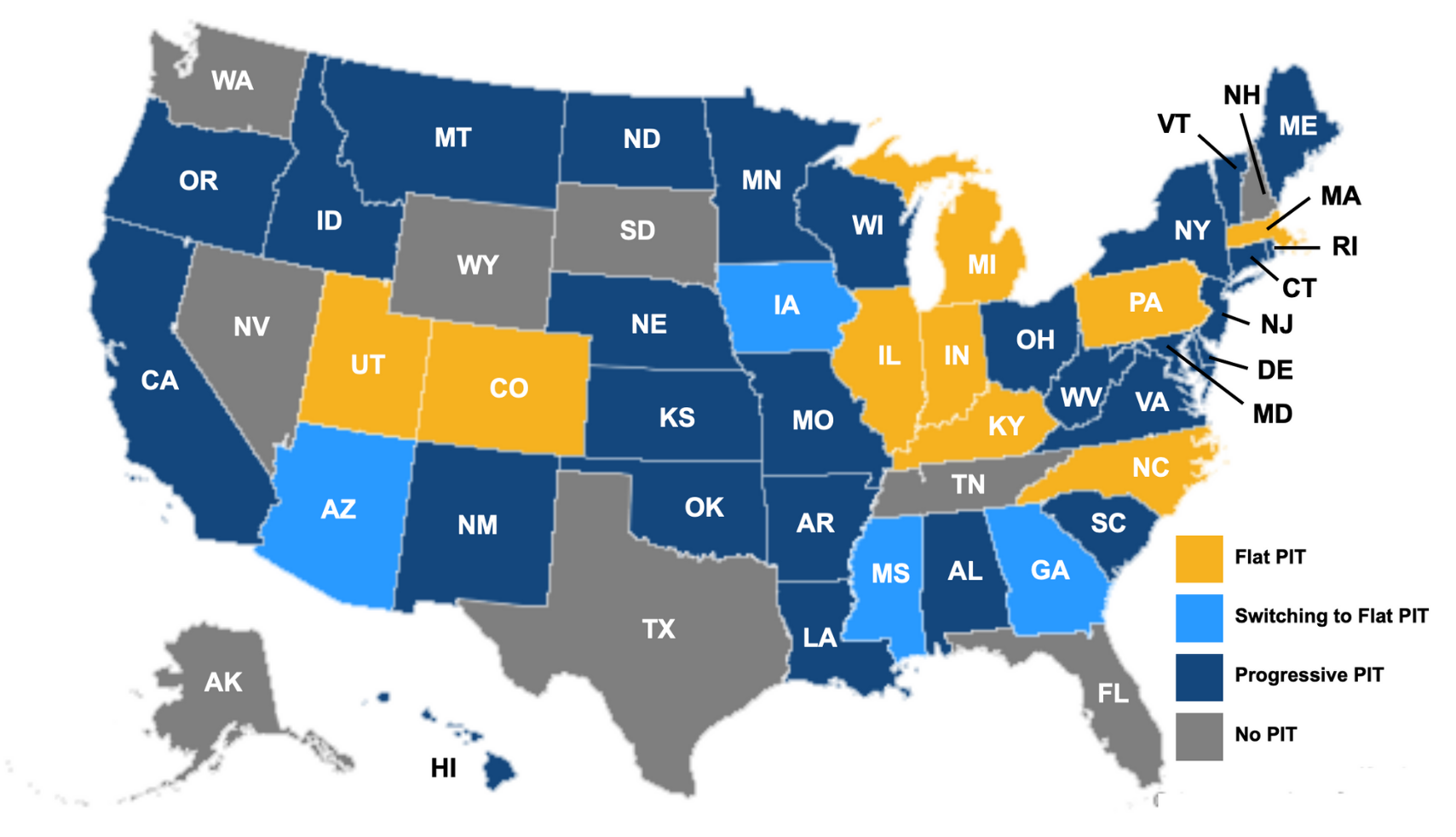The Problem: Too often the state government bureaucracy in Madison is too distant and unresponsive to the people it is supposed to serve. But it should not be surprising that when state employees are drawn from and live in a “government town”, they inevitably end up favoring the interests of government over the interests of its citizens. Furthermore, by placing most state agencies in Madison, the economic benefits are concentrated in one city while the costs are borne by all of the state. And those costs can be quite high as Madison is one of the most expensive markets in Wisconsin for office space. Therefore, it makes sense in many ways for us to force state government in Madison to branch out and see the realities the rest of the state is facing.
We learned during the pandemic that state government can function with its state employees working from home, so we know it can certainly function with state agencies headquartered outside of Madison.
The Solution: Our state government should start moving agencies out of Madison to where they fit best. In the 2010s, then State Senator (now Congressman) Tom Tiffany worked overtime to pass a bill moving Wisconsin’s Forestry Division out of Madison to where it belonged, the Northwoods of Wisconsin. The move took a division of our state’s government outside the Dane County bubble, forcing bureaucrats to interact with the people they’re supposed to be serving, rather than leaving them isolated in some Madison cubicle farm.
In the future, when leases for state government office space in Madison approach the end of their term or state office buildings in Madison need replacement, we should systematically look to move state agencies closer to the people they serve. For example, we might want to consider moving agencies like the Department of Agriculture Trade and Consumer Protection, Department of Children and Families, and the Department of Workforce Development closer to the populations they serve.
Situating our agencies in and around the communities they serve will help our public servants hear directly from Wisconsin citizens who otherwise feel voiceless. It also saves taxpayers from the sky-high office costs in the City of Madison, and allows parts of the state other than Madison to benefit from the positive economic impact generated by state government.













